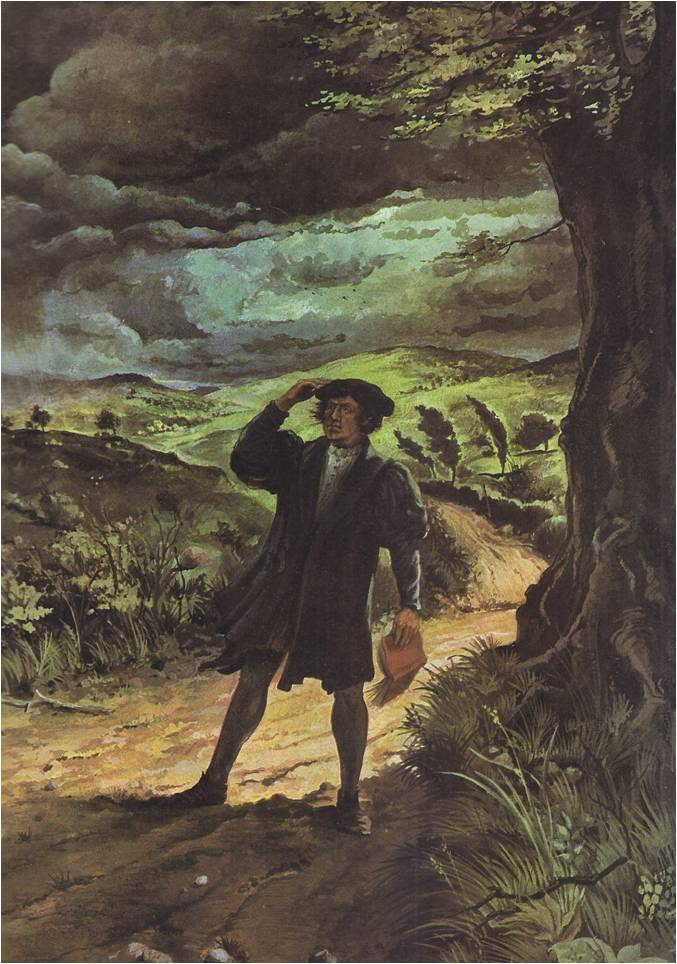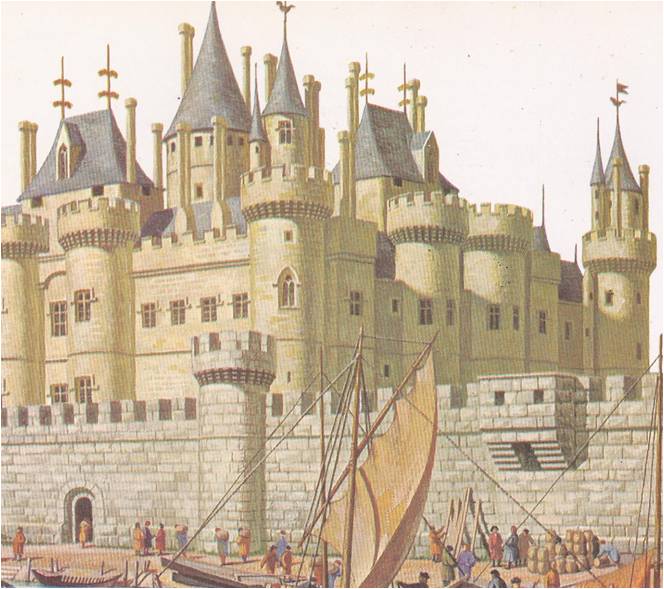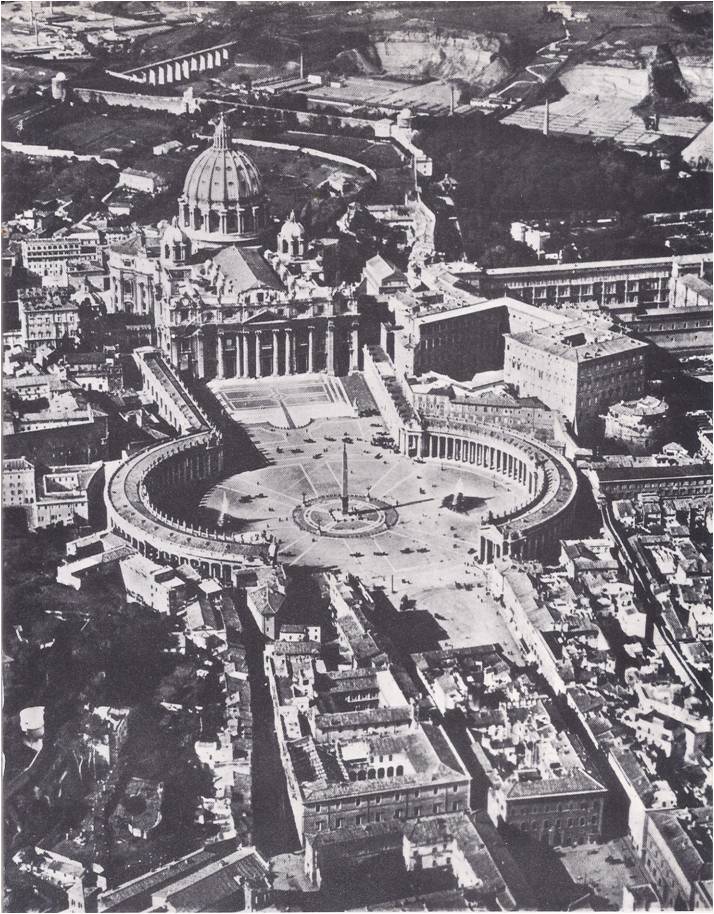IN 1518, AN INDULGENCE PEDDLER, a priest from France, made his way through one of the twisting Alpine passes that led into Switzerland. He carried with him a supply of bright banners, an impressive-looking copy of Pope Leo’s Declaration of Indulgences and of course, a collecting box. The French priest’s hopes were high, for the little Swiss merchant towns were rich. He did indeed do well at first and his collecting box began to grow heavy with pieces of gold. Then he came to the town of Zurich. As he began to set up his banners, a town official stopped …
Read More »Tag Archives: Pope Leo
The Monk from Wittenberg 1505-1546
ON A SULTRY JULY DAY IN 1505, a young law student, Martin Luther, was walking along a country road in Germany when a summer storm blew up. The air grew heavy and black clouds filled the sky. Before Luther could take shelter, thunder began to crash. A bolt of lightning struck the road almost at his feet. Thrown to the ground, he lay shaking, not certain whether he was alive or dead. “Help me, Saint Anne,” he cried, “help me and I will become a monk.” After a moment, Luther’s trembling stopped. He stood up, found that he was not …
Read More »The Italian Kings of France 1494 – 1590
In all Europe there was no greater admirer of Italy than Francis I, king of France. Francis practiced Italian manners in his court, built Italian palaces in his parks and kept Italian books in his library. He collected Italian paintings and the artists who painted them. Indeed, the king admired Italy so much that he wanted to conquer it all. Francis was not the first ruler to feel these strong Italian longings. In England, Spain and Germany, kings and princes were busily remodeling their courts, their castles and themselves in the Italian manner. Though the little states of Italy were …
Read More »Rome, the City of the Pope 1492-1564
In 1492, young Giovanni de’ Medici bade farewell to his father, Lorenzo the Magnificent and left Florence to take his place in Rome among the cardinals of the church. At sixteen, Giovanni was a nobleman in the court of the pope, a man of influence and power. That was fortunate, for when Giovanni was eighteen, his family’s power collapsed. The Florentines drove the Medici from their city and Giovanni, who had come home for a visit, narrowly escaped being stoned by the citizens who once had cheered him. As he crept out of the city, disguised as a poor friar, …
Read More »


